LITCHFIELD — When voters in Litchfield, Sabattus and Wales overwhelmingly rejected a proposal to build an addition at Oak Hill Middle School and close two other schools in August 2022, they kicked the can down the road, again.
Now, Regional School Unit 4 is trying to come to grips with a problem that has plagued the district for more than a decade, perhaps two.
They include declining enrollment, school buildings that are beyond their life expectancy, and higher costs to operate and maintain them at a time when taxpayers are adamant they will not increase school budgets.
It took four votes to approve a budget for this school year, after what some would call deep budget cuts.
The school board is again reassessing its options, which remain focused on closing one or possibly two schools — Libby Tozier and Sabattus Primary. RSU 4 formed a Finance and Facilities Consolidation Subcommittee to explore all the options, which may ultimately lead to consolidation of schools.
Each town has a representative from its Select Board and two community members. There are four representatives from the RSU 4 board and three ex-officio members: Superintendent Katy Grondin, Business Manager Samantha Garnett Sias and Director of Operations Jonathan Varney.

Jon Varney, center, director of operations for Regional School Unit 4, talks Tuesday about the condition of Libby Tozier School in Litchfield with Christine Guerette and Eric Gagnon, members of the Finance and Facilities Consolidation Subcommittee. Daryn Slover/Sun Journal
ASSESSING THE NEEDS AND COSTS AT EACH SCHOOL
Subcommittee members toured Sabattus Primary School for first and second graders last month and Tuesday and Saturday this week. The group is also touring the Libby Tozier School in Litchfield, which has prekindergarten and kindergarten students.
Varney is the point man who oversees the day-to-day operations of all the district’s schools and is leading the tours. They allow people the rare opportunity to look deep inside each school and understand what works and what needs fixing and what must be replaced.
Subcommittee members will rank each school on 17 criteria — from location to capacity, air quality, security, costs and long-term viability.

An outdated intercommunication system is used at Libby Tozier School in Litchfield. Daryn Slover/Sun Journal
“We’re just at the beginning phases,” Grondin said Tuesday night. “We’ve seen Sabattus Primary, we’ve seen Libby Tozier. The next committee’s work will be to talk about what was the summary from Sabattus Primary. We’re going to be scoring Libby Tozier doing a summary on that and then talking about how this space … can we fit here? Can we fit there?”
Prior to the 2022 referendum, the school board put the annual cost to maintain, operate and repair Libby Tozier and Sabattus Primary at $1.37 million, with a total cost for repairs and upgrades at $10.4 million. The longer the wait, the more costly the estimates run.
But there is a very big fly in the ointment — the town of Litchfield is trying to decide whether to separate from the school district and go it alone or try to join another district and may hold a referendum on the issue during this year’s general election.
On a rainy evening, the tour of Libby Tozier started outside, where the group learned half of the parking lot actually belongs to the town and services the Academy building, now a senior center. It is physically connected to the school and gets its water and heat supply from Libby Tozier, but the school district doesn’t charge the town.

Members of the Regional School Unit 4 Finance and Facilities Consolidation Subcommittee begin Tuesday’s tour of Libby Tozier School at the front of the Litchfield school. Daryn Slover/Sun Journal
The playground, which is also on town property, was designed with older students in mind and is not really appropriate for the prekindergarten and kindergarten students. But contractors’ liability concerns make moving the playground equipment to another school a nonstarter.
Those on the tour were also told there is no deed for the property, so it’s unclear what belongs to whom. Behind Libby Tozier sits Carrie Ricker School and there is an access road owned by RSU 4. A positive for consolidation is creating a campus-like atmosphere for the two schools.
Varney explained the roof on Libby Tozier leaks in places and the entire roof needs to be replaced at a cost of $325,000. The kindergarten wing of the school was built in 1946, and the rest of the school in 1985, so there are some configuration challenges.
There are three kinds of siding of various ages, and it is rotting in places and needs replacing.
The boiler was mostly replaced last year after the existing one failed. So, while there are some shiny new parts evident, the electrical panel is actually fuses from another era and standing water sits just feet away.
But not everything was upgraded, including the water treatment system. Lead testing indicated the presence of lead, most likely from degrading pipes and solder. But overall, the heat and hot water systems have good bones.
Libby Tozier had a bad mold problem and was remediated professionally, so Varney said he’d like to see all the carpeting in the school pulled up permanently. Cracks in the walls in the old section of the school could indicate foundation issues.

Jon Varney, director of operations for Regional School Unit 4, talks Tuesday about the condition of the boiler room at Libby Tozier School in Litchfield. Daryn Slover/Sun Journal
Windows are inefficient and no longer made, making replacing them very expensive if they break. The school has no air conditioning system and uses an outdated air handler, which recirculates damp, warm air.
Electrical, fire and communications systems are old, and need to be upgraded. Bathrooms need to be updated and reconfigured or relocated, and there are compliance requirements for the Americans with Disabilities Act to consider.
There are positives at Libby Tozier — it has storage space and while odd shaped, plenty of classroom space if it is selected for consolidation. The gym and library are more than adequate, although the gym and kitchen were heavily affected by the mold, according to Varney.
Parking is sufficient and the bus access is good and does not compete with the pickup zone in the front of the school.
TIMELINE FOR A DECISION
Grondin said the goal is to have the subcommittee’s work and recommendations ready by June in order to facilitate a public vote next February, before the budget process begins for the following school year.
The Maine Department of Education has opened the application for major capital school construction programs, with an Aug. 30 deadline for applications. The last time applications for major projects were opened was 2016.

Libby Tozier School on Academy Road in Litchfield, seen in 2022, serves pre-K and kindergarten students. Regional School Unit 4 is again assessing whether to close Libby Tozier and/or Sabattus Primary. Russ Dillingham/Sun Journal
Nine projects were ultimately funded out of 74 applicants.
“So, we’re looking at putting (in) an application,” Grondin said Tuesday. If it is accepted, it could be a game changer for RSU 4.
Litchfield will have to come to its decision in the coming months in order to get the referendum on the November ballot.
Asked how or if Litchfield’s decision to separate from RSU 4 would affect the district’s decision process, Grondin said, “At the committee meeting there was a discussion on that. They feel like we have to move forward as if we’re the RSU for today, and then, as we know more, they’ll have to adjust.”
Send questions/comments to the editors.


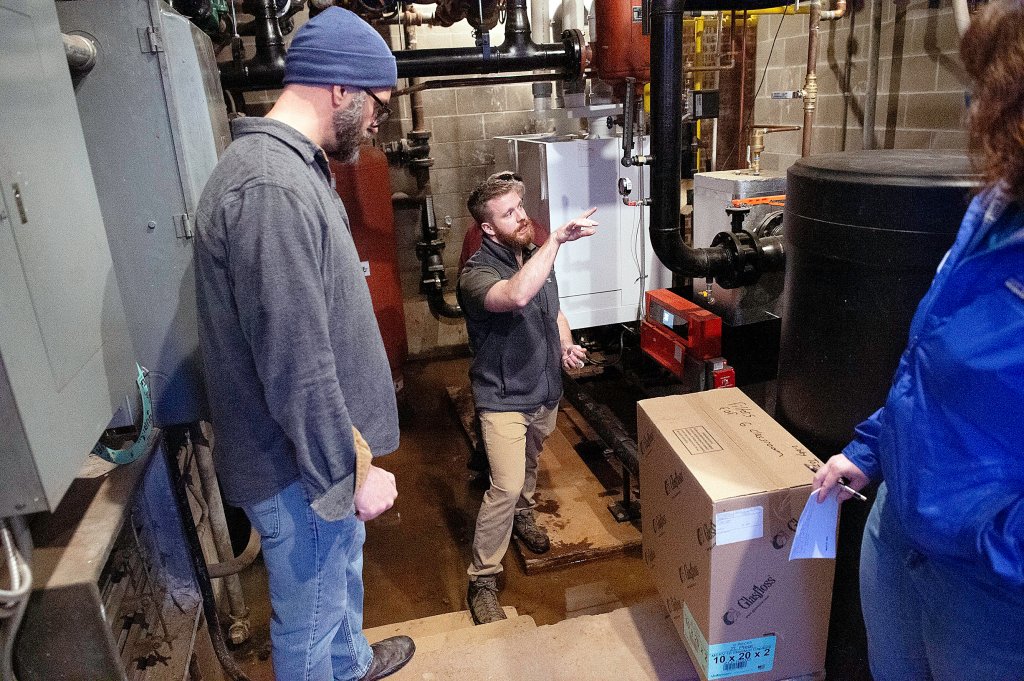
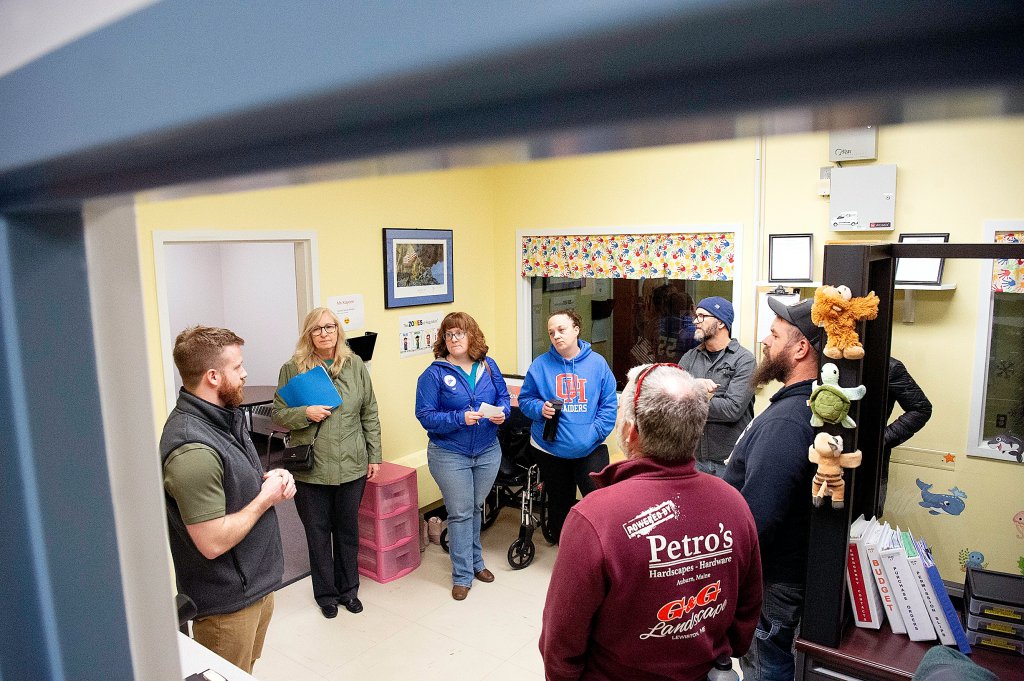
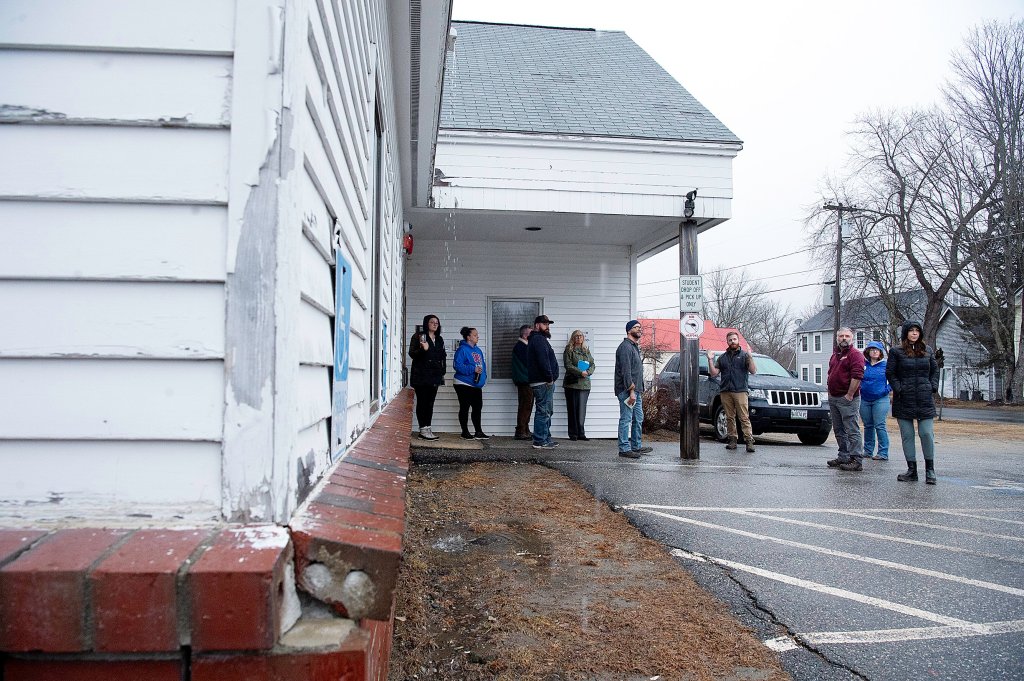
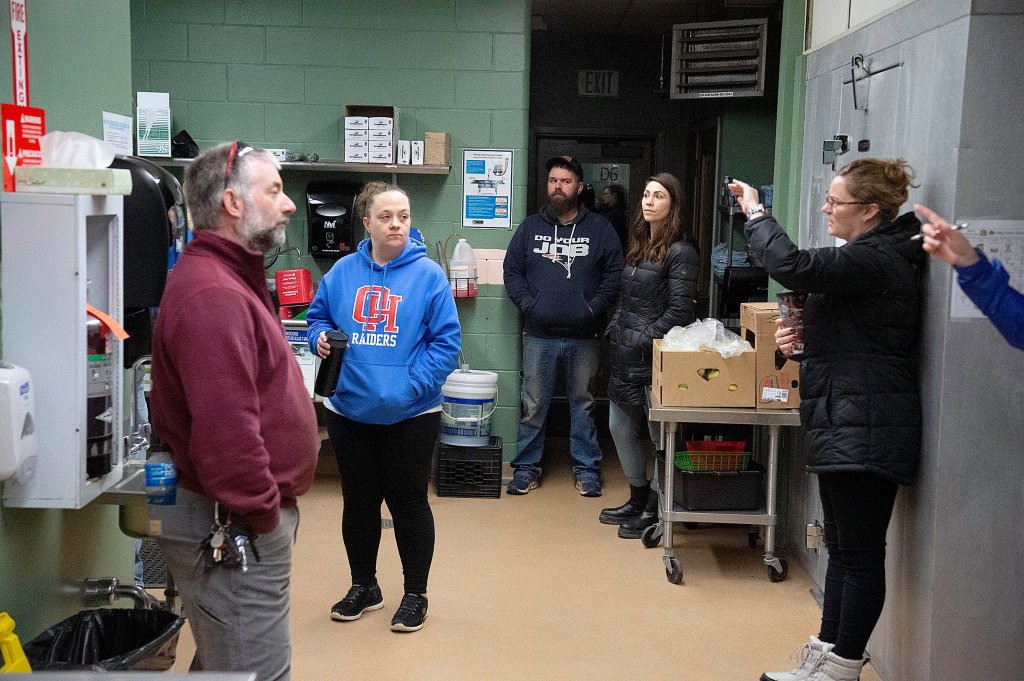

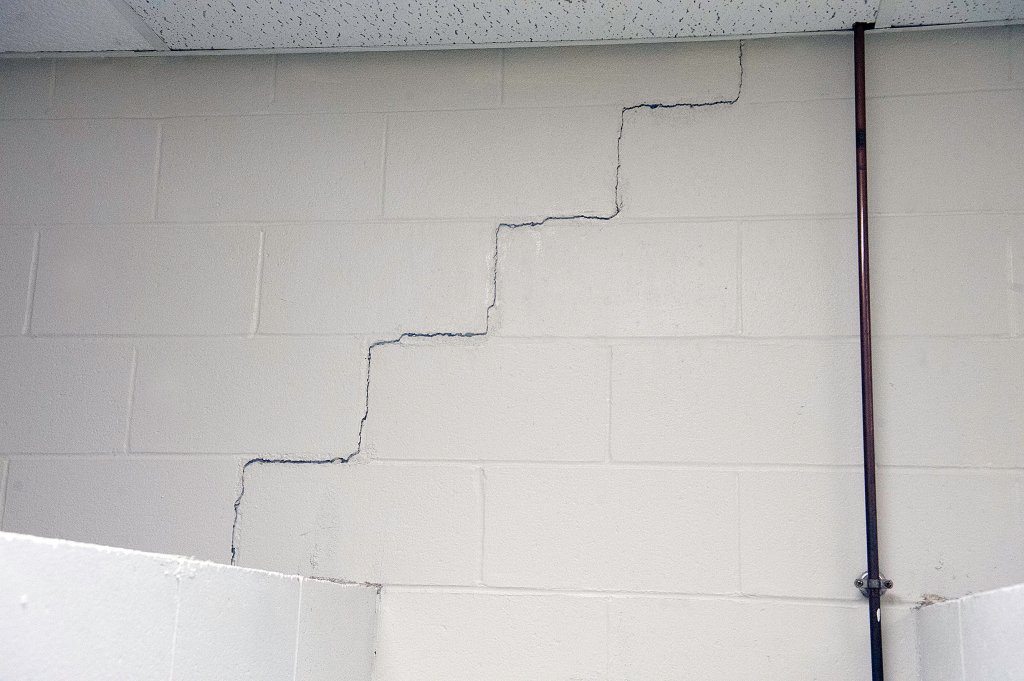
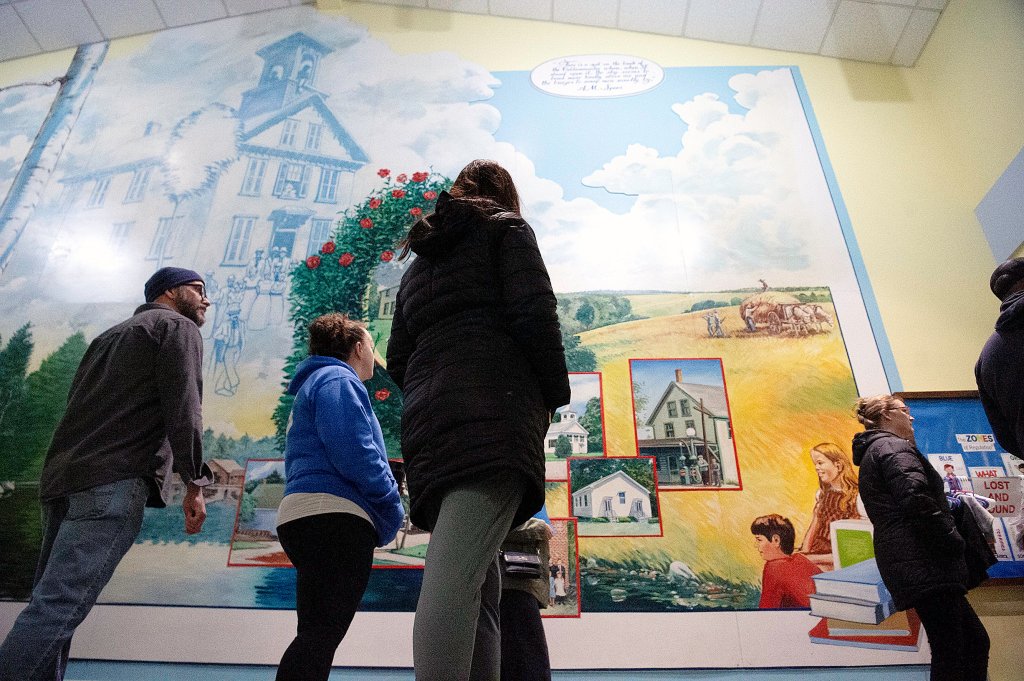
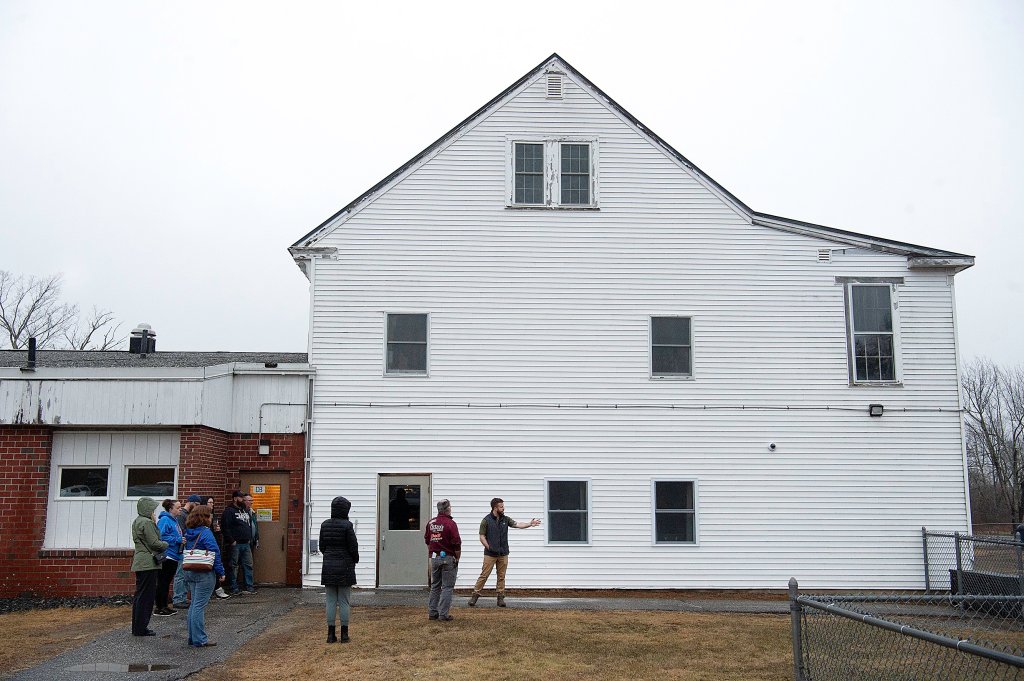
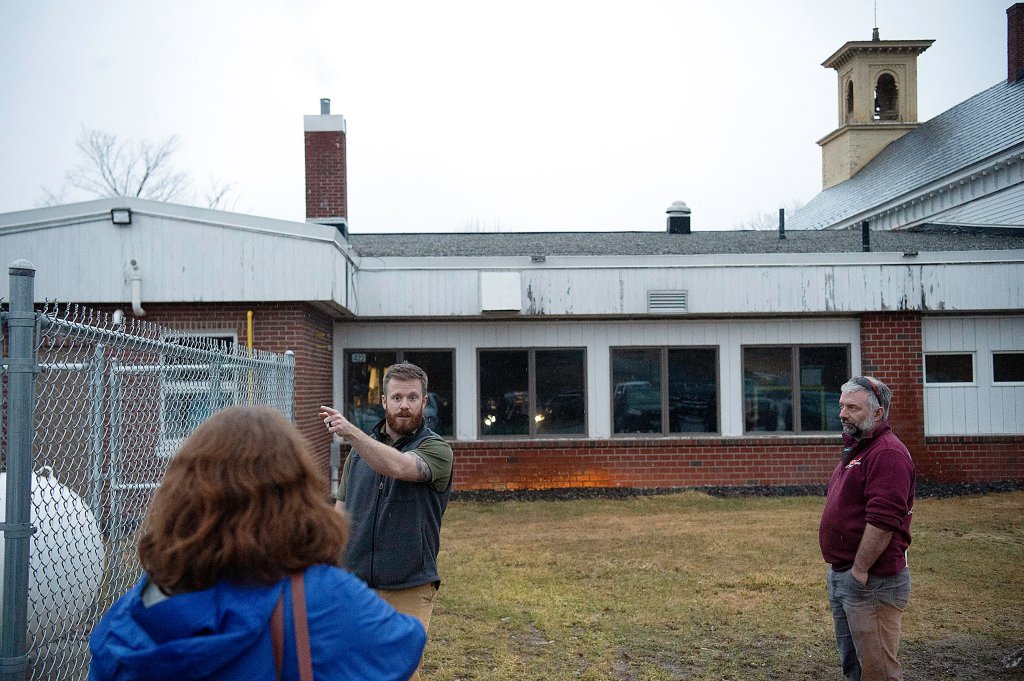
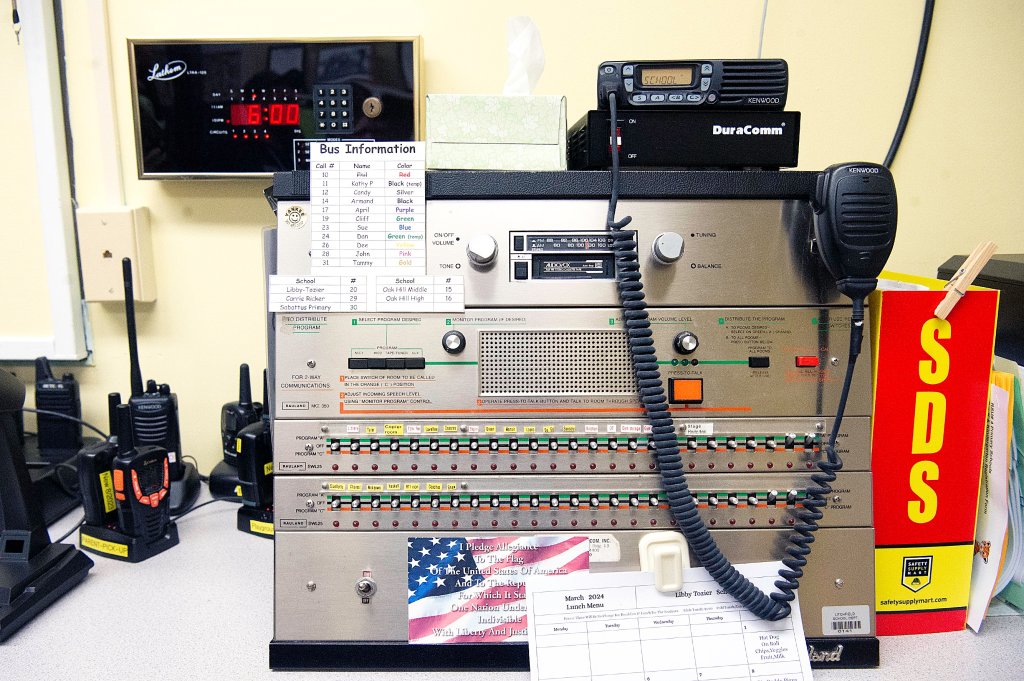
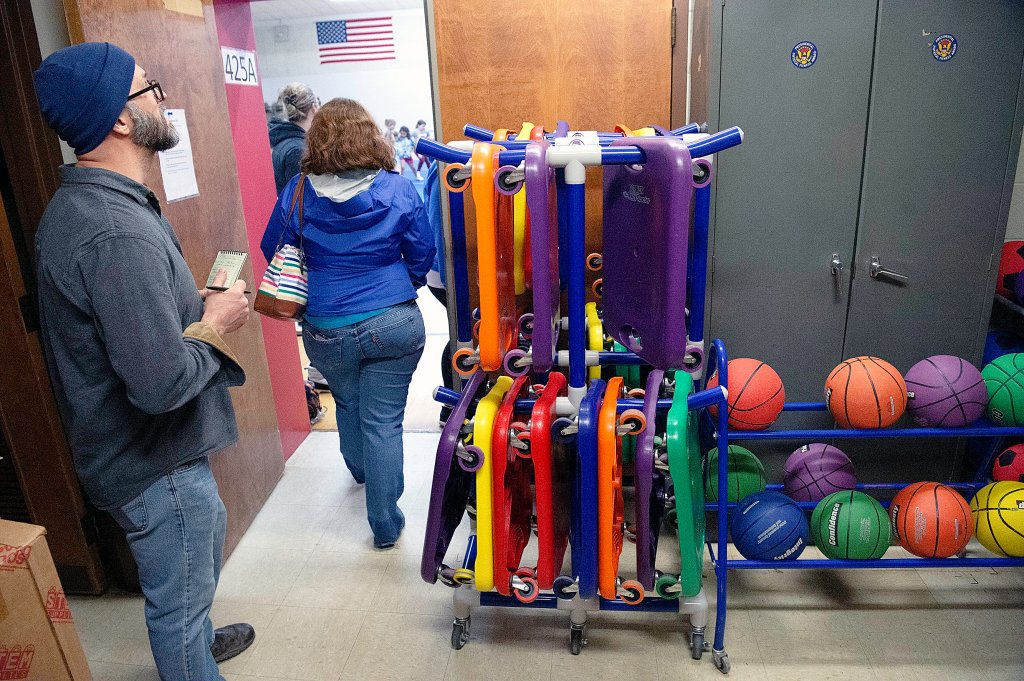
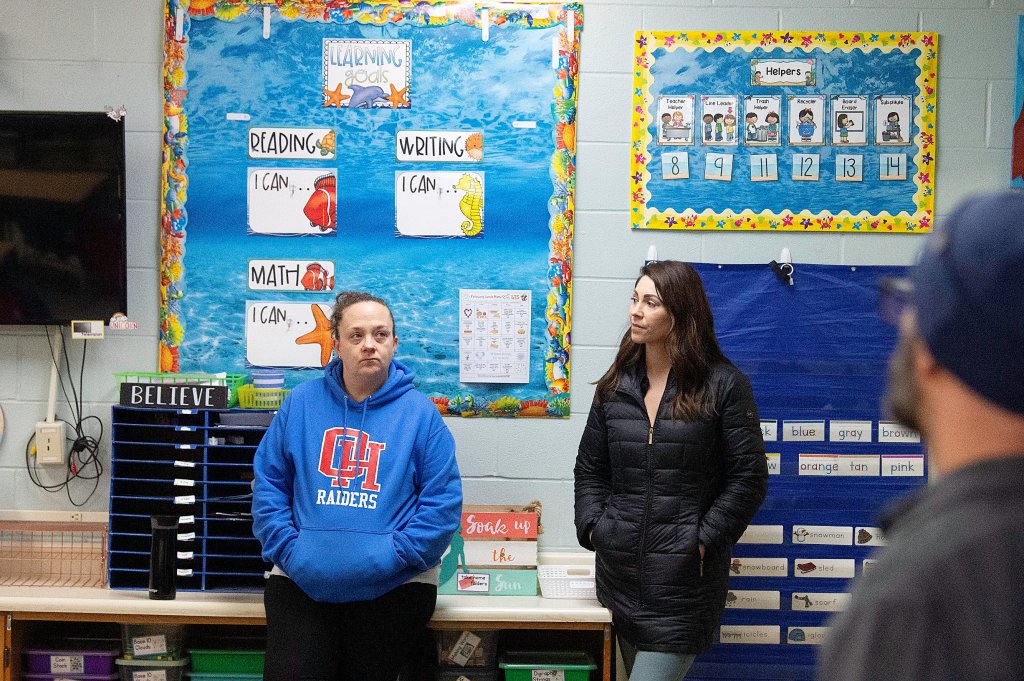
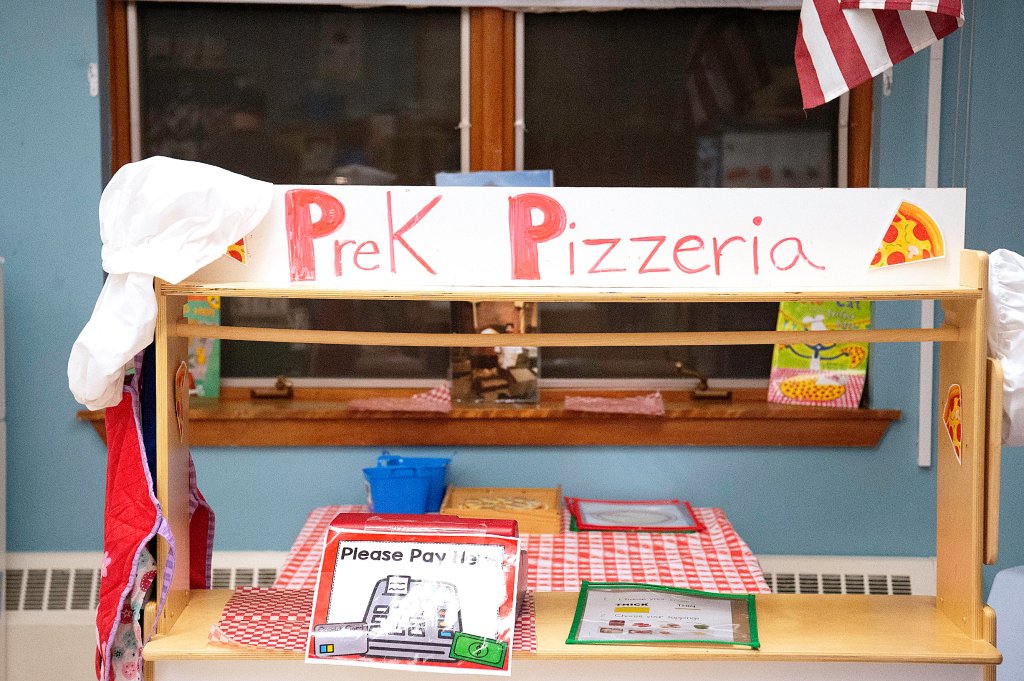

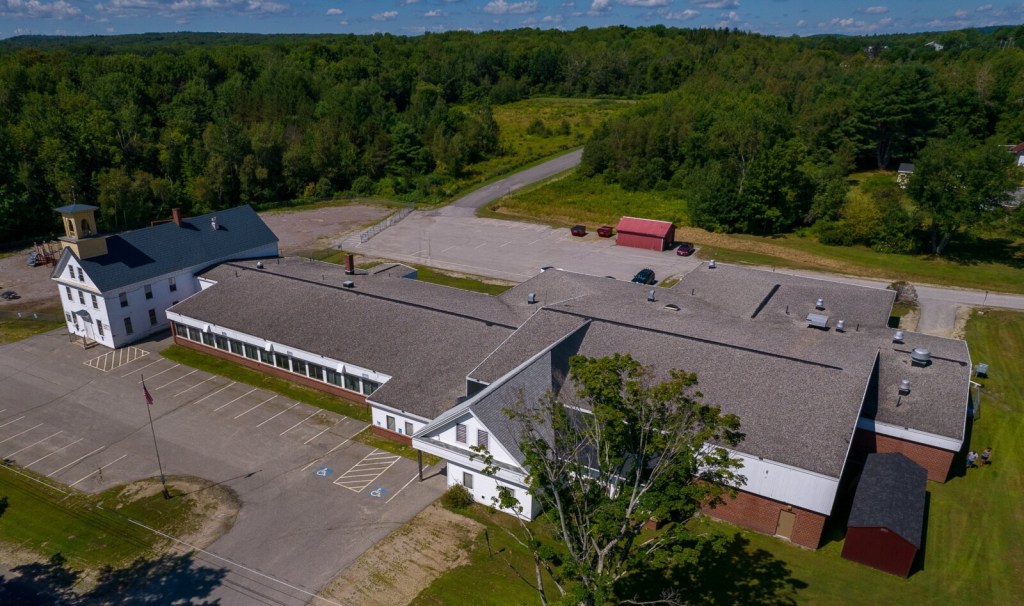

Comments are no longer available on this story